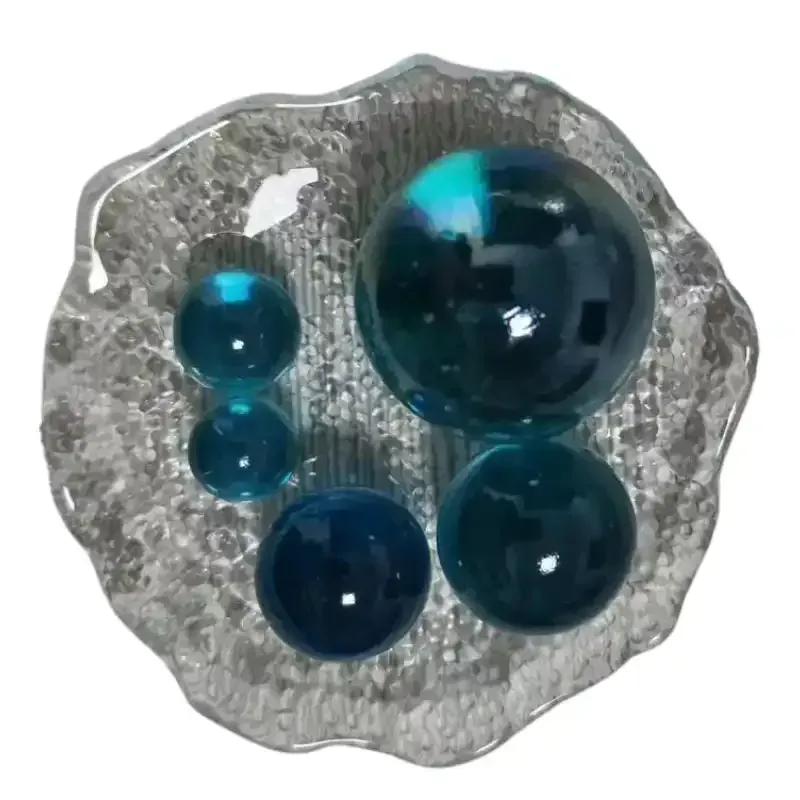
Hidden Essentials
From the moment we wake up to when we sleep, minerals that we use in our daily life silently support every aspect of modern living. Whether in the smartphone screen you swipe, the toothpaste you use, or the car you drive, minerals play a fundamental role.

Take common minerals like quartz, which is used in watches and electronics due to its piezoelectric properties. Calcite and fluorite are used in toothpaste and cleaning agents. Talc is present in cosmetics and baby powders, while kaolin is the base of many skincare products.
Graphite in pencils and lithium in batteries are more examples of minerals that we use in our daily life. Even the wiring in your home depends on copper, one of the most essential common minerals for electrical conductivity.
With the increasing demand for electronics, renewable energy, and green construction, the dependency on minerals that we use in our daily life is more critical than ever. These silent contributors deserve greater recognition, not only for their functionality but for the industries that sustain their supply.
Common Minerals in Industry and Their Everyday Applications
Common minerals are not just found in rocks and soil—they are embedded in the infrastructure of civilization. Aluminum (from bauxite) is used in packaging, transportation, and construction. Silica sand is vital for glass production and electronics manufacturing.
Iron, one of the most widely used common minerals, forms the backbone of buildings, bridges, and vehicles. Mica is prized for its insulating properties in electronics and appliances. Feldspar, widely used in ceramics and glassmaking, is another pillar of modern material science.
Gypsum, found in drywall and plaster, makes up the walls of your home. Halite (rock salt) not only flavors food but is used in water softeners. These examples prove that common minerals are intricately woven into the fabric of daily routines.
As industries evolve, new common minerals gain prominence—like rare earth elements used in electric vehicles and wind turbines. This growing list keeps the mineral supply chain dynamic and vital.
How a Trusted Mineral Manufacturer Supports Quality and Innovation
Behind every product that contains mineral content is a reliable mineral manufacturer. These producers are essential in mining, refining, and distributing raw minerals for various industries—ensuring safety, consistency, and sustainability.
A modern mineral manufacturer must meet strict quality standards, especially for minerals used in food, pharmaceuticals, and electronics. Advanced technology is used for purification, particle size control, and mineral blending tailored to customer needs.
In addition to manufacturing processes, sustainability practices are central. A responsible mineral manufacturer invests in energy-efficient equipment, waste reduction, and safe mining practices to reduce environmental impact.
By working closely with construction, medical, cosmetic, and electronics industries, today’s mineral manufacturer is more than a supplier—they are innovation partners. Whether it's calcium carbonate for paper production or bentonite for drilling fluids, manufacturers are vital in maintaining global supply chains.
Why Minerals That We Use in Our Daily Life Deserve More Attention
Despite their importance, minerals that we use in our daily life are often overlooked. Most people are unaware that over 90% of manufactured products rely on minerals at some stage. The phone you use, the battery in your electric toothbrush, the tiles on your floor—all involve complex mineral sourcing.
When consumers buy electronic gadgets or green tech, they are indirectly supporting mining industries. Understanding the role of common minerals helps foster more conscious purchasing and sustainability discussions.
There is also a human element. Each mineral manufacturer involves geologists, engineers, chemists, and environmental experts who ensure that mineral processing meets safety and efficiency goals.
Educating the public about the role of minerals that we use in our daily life encourages support for ethical sourcing, recycling efforts, and innovation in material science.
Sourcing the Right Common Minerals from a Reliable Mineral Manufacturer
For industries and retailers, sourcing quality common minerals can mean the difference between product success and failure. Whether you're producing ceramics, paints, plastics, or electronics, consistent mineral properties are crucial.
A trusted mineral manufacturer provides not only raw materials but technical expertise, product customization, and reliable logistics. They also ensure regulatory compliance, especially for industries like healthcare and food.
Selecting the right common minerals starts with understanding their geological origin, purity levels, and physical characteristics. Manufacturers often offer lab-tested certifications, material safety data sheets, and tailored mineral formulations.
From talc and dolomite to silica and feldspar, finding a partner who can provide sustainable, high-grade, and affordable common minerals is key to long-term competitiveness. Whether you need bulk minerals for industrial production or precision minerals for cosmetics, the right supplier makes all the difference.
Common minerals FAQs
What are some examples of minerals that we use in our daily life?
Minerals that we use in our daily life include quartz (electronics), talc (cosmetics), gypsum (construction), and calcite (cleaning products). Many everyday products rely on these unseen essentials.
Which common minerals are used in household items?
Common minerals in households include mica in hair dryers, halite in water softeners, kaolin in face creams, and silica in glassware. These minerals serve both functional and aesthetic purposes.
How do I choose a reliable mineral manufacturer?
A trustworthy mineral manufacturer offers quality assurance, regulatory compliance, customizable blends, and strong logistics support. Certifications and industry reputation also matter.
Are all minerals safe for consumer use?
Not all raw minerals are safe in their unprocessed form. A certified mineral manufacturer processes and refines minerals to meet safety standards for food, cosmetics, and pharmaceuticals.
Why is mineral sustainability important?
Sustainable sourcing of minerals that we use in our daily life ensures long-term availability, reduces environmental impact, and supports ethical labor practices. Choosing responsibly sourced minerals helps protect ecosystems.
Дял
-
Silica Fume: High-Performance Additive for Concrete Strength and DurabilityНовиниJul.21,2025
-
Iron Powder: Industrial-Grade Versatility in Powdered FormНовиниJul.21,2025
-
Iron Ore: Essential Raw Material Driving Global Steel ProductionНовиниJul.21,2025
-
Glass Marbles: From Classic Toys to Custom CollectiblesНовиниJul.21,2025
-
Glass Beads: Bulk Supply, Custom Designs, and Factory Direct SourcingНовиниJul.21,2025
-
Chemical Products for Sale: Sourcing Safely from Trusted Chemical FactoriesНовиниJul.21,2025






